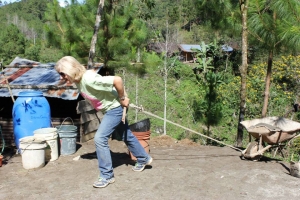
The Habitat home is at the top of a hill, so the volunteers lugged all the building materials to the top.
Sue Ellen Davis has been a longtime volunteer and donor for Habitat for Humanity in Bryan/College Station. But last month she took her support abroad, spending a week building a Habitat home in Guatemala.
Sue Ellen’s daughter, Nancy, had done an international Habitat trip – known as Global Village – five years ago in Paraguay. “She told me I’d want to do it,” Sue Ellen said. So when Kayla Sanders, one of Sue Ellen’s former students, encouraged Sue Ellen to join a Global Village trip that she was leading, Sue Ellen told her, “If you go to Guatemala, I’ll go.”
Sue Ellen has a special interest in Guatemala: her son lives there. However, the last time she and her family visited the country, her daughter was mugged at gunpoint. Nonetheless, Sue Ellen was determined to go back.
Plus, Sue Ellen is fluent in Spanish. Formerly a Spanish teacher in Franklin, she now teaches international students at Texas A&M’s English Language Institute and also works at her husband’s law firm, Davis and Davis.
Kayla Sanders, Sue Ellen’s former Spanish student in Franklin, is now on the board of Franklin’s Habitat for Humanity affiliate and often leads international Habitat trips. Intent on taking her former Spanish teacher on one of these Global Village trips, she volunteered to lead a group to Guatemala.
So on January 4, Sue Ellen flew to Antigua, Guatemala, and joined a team of 14 volunteers from across the US. Sue Ellen thought she’d be the oldest volunteer, but her team members ranged in age from 17 to 70. Sue Ellen’s son, Thomas Webb, met up with the team and served as their photographer. In addition to Sue Ellen and Kayla, two other volunteers in the group hailed from Franklin: Kathy Johnson and Jessica Van Cleave.
This was not Sue Ellen’s first trip to Antigua. She first visited the city in the 1970s as a flight attendant for Pan Am. “It’s a time warp,” she said. “This is one place that hasn’t changed.” Local people still wear indigenous clothing and speak 27 different dialects. Antigua is a UNESCO World Heritage site and offered the Americans the chance to experience local markets and culture.
But the team wasn’t there to play tourist. They quickly got to work on a Habitat home in a small village. The home would be for a young couple, their child and the woman’s mother. “Every job there was to do, we got a taste of it,” Sue Ellen said. Much of it was hard work. “We were hauling the cinder blocks up the hill and the cement mix up in wheelbarrows and buckets.”
Sue Ellen described the home as about 600 square feet, with two bedrooms and one bathroom. The cooking stove would be out front on the patio. Habitat homes in Guatemala are simple, four-room buildings made of steel-reinforced concrete block and cement. They are built to withstand earthquakes.
Though simple, the homes are a tremendous upgrade. Sue Ellen described other houses nearby as “houses that are not houses.” They’re very small and in bad shape. When it started raining one day, a neighbor invited the team of Americans to take shelter in her house. It was tiny, with a dirt floor, chickens and an open fire.
The open fire inside for cooking is a big problem in Guatemala as the smoke causes pulmonary diseases and burning accidents. To help, Habitat has launched a program to provide 17,000 smokeless stoves to needy families. The families are also trained in nutritional cooking, preventative health, financial literacy, disaster response and stove use and maintenance. Small changes like these have a giant impact on the health and well-being of families.
Sue Ellen explained that her team’s labor was not as important as the money they provided. There are Guatemalans with more skills that can do the work. But still, the local people, the families and town council, were extremely welcoming and thankful to the volunteers for coming. “The people loved that we came. It was heartwarming to see how warm they were,” Sue Ellen said.
Working a full week on one home with one Habitat family is an incredible experience. “You really get to bond with the family,” more than if you just volunteer on an occasional Saturday, Sue Ellen explained.
Sue Ellen now recommends going on a Global Village trip to others. She said friends have told her, “’You’re so good to do that.’ But really it’s fun!”

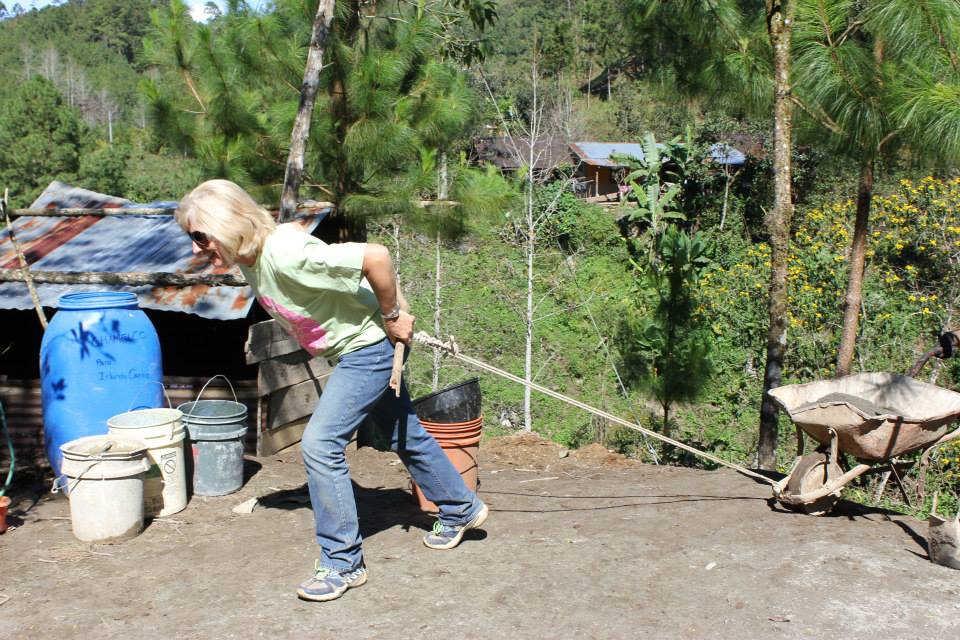
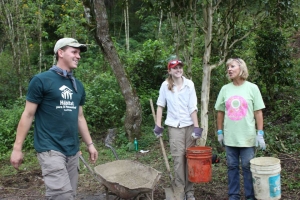
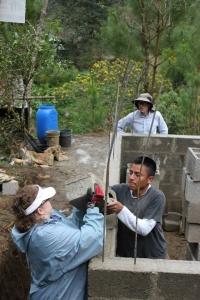
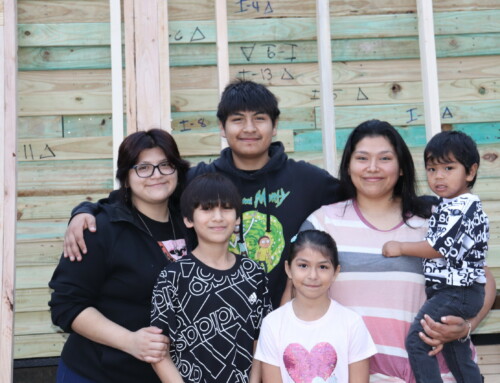
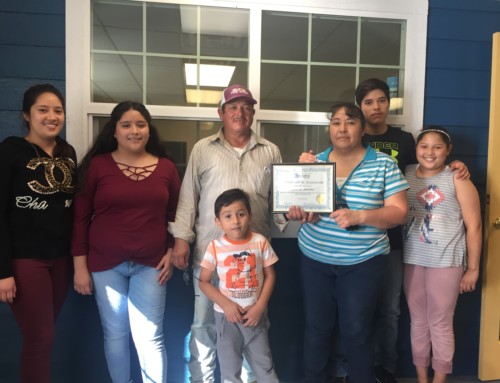
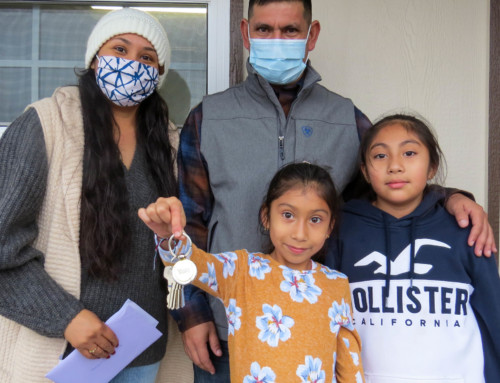
Keep In Touch